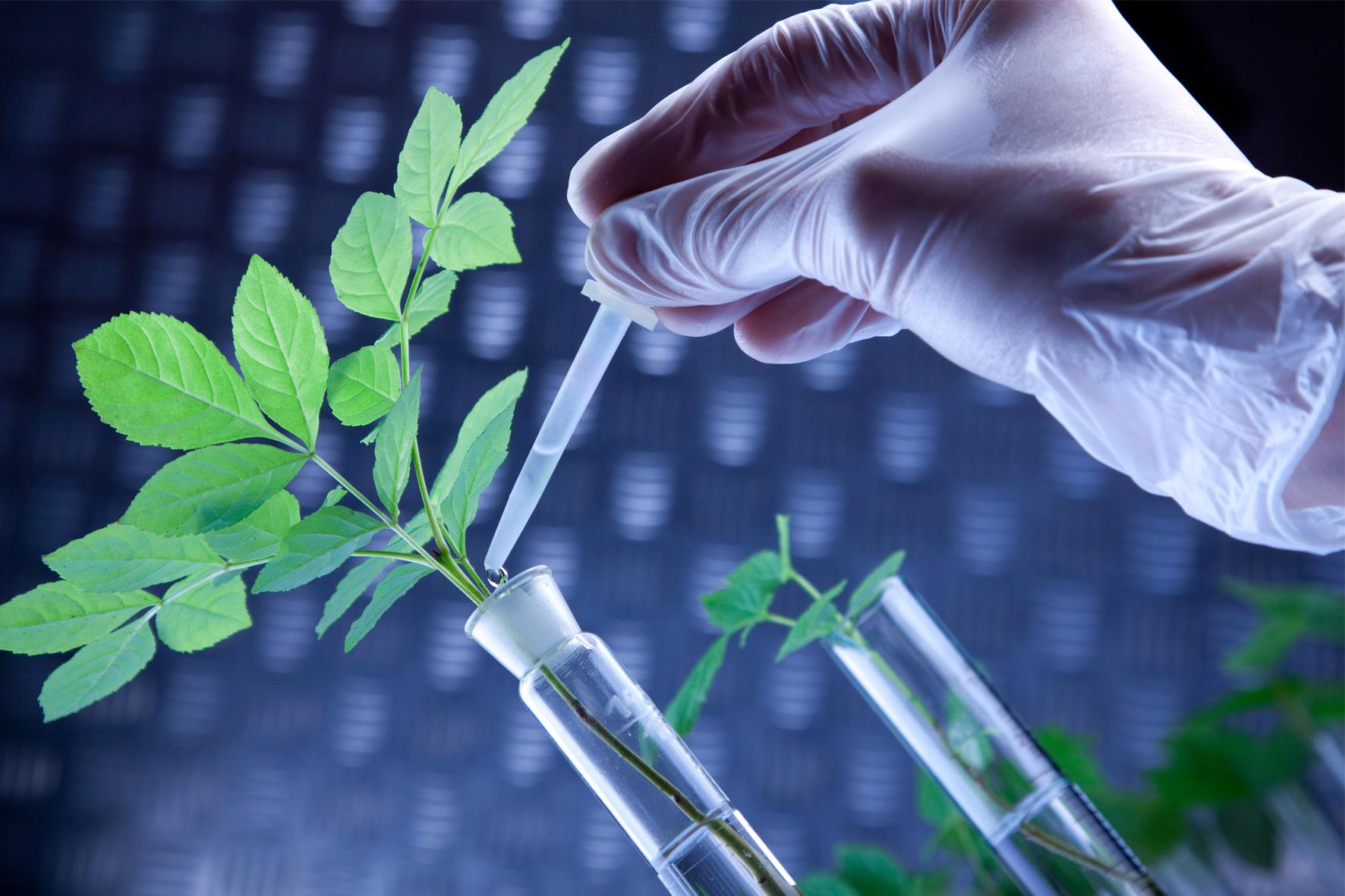Agriculture plays a vital role in national economy and livelihood of millions of farmers across the country. It is crucial to support farmers through research and development initiatives that help improve crop yields and make farming more profitable. One such initiative is agricultural testing which helps evaluate new seeds, fertilizers and other inputs under field conditions before commercial release. This article aims to explore the importance and various aspects of agricultural testing in India.
Need for Agricultural Testing
Agricultural research produces new crop varieties and technologies every year with promises of higher yields, resistance to pests and adaption to changing climate. However, before these innovations reach farmers, they need to be thoroughly tested under real farm conditions. This is because laboratory and greenhouse experiments do not fully capture complex field realities. Factors like soil type, rainfall, sunlight exposure can significantly impact crop performance.
Agricultural testing plays a crucial role in validating research findings and assessing suitability of new technologies for commercial production. It helps address questions like - How will the new seed variety perform across different agro-climatic zones? Is the claimed yield potential actually achievable on farmers' fields? Will it be resistant to prevalent local diseases and pests? What kind of agronomic practices are required for optimal results? Such testing helps minimize risks for farmers and ensures relevancy of research outputs. It strengthens trust in newly introduced crop technologies.
Importance of Multi-Location Trials
One of the key aspects of Agriculture Testinng is conducting multi-location trials across representative agro-climatic regions in the country. This helps comprehensively evaluate genetic and agronomic performance of new crop varieties and technologies under varied growing conditions. Most plant varieties and agronomic practices display some degree of location specificity. Their performance can significantly differ based on factors like soil type, temperature, humidity, photoperiod, biotic and abiotic stresses present in the region.
Through multi-location testing spanning 2-3 crop seasons, researchers can map adaptation of the new technology to diverse agro-ecosystems. They can identify locations and cropping systems where it is best suited. Such robust evaluation gives a realistic picture of genetics x environment interaction and average expected farm yields. It mitigates location specific biases and ensures wider adaptability and uptake of tested varieties by farmers across heterogeneous agricultural landscapes.
Key Tests Conducted
Agricultural testing programs follow strict scientific protocols evaluating important crop and variety characteristics. Some of the key tests conducted include:
- Yield trials: To assess yield potential and stability of the new variety compared to checks/controls across locations and seasons.
- Disease resistance screening: Exposure to prevalent local pathogen races helps identify resistance sources for important diseases like blast, rust, wilts etc.
- Insect resistance: Evaluation against key insect pests like bollworm, pod borer, aphids etc. determines resistance sources.
- Abiotic stress tolerance: Tests for tolerance to drought, flood, salinity, nutrients, high/low temperatures provide insights on adaptability.
- Quality parameters: Analyzing quality traits like protein content, micronutrients, sugars help identify varieties suitable for specific food/processing industries.
- Agronomic requirements: Studying fertility needs, irrigation requirements, planting geometry, weed/disease/insect management practices are compiled.
Such multi-location multi-season test data along with analytic reporting helps decisively select best-performing varieties/hybrids suitable for seed multiplication and distribution to farmers.
Role of State Agriculture Universities
State agricultural universities (SAUs) in India play a major role in orchestrating vast agricultural testing networks across their jurisdiction. Each SAU typically operates a statewide coordinated multi-location testing (CMLT) program encompassing multiple research stations and outreach centers located across varied agro-climatic zones. Every season, new crop varieties/technologies are rigorously tested under these programs for 2-3 years before release.
SAUs have trained manpower, infrastructure and local expertise to coordinate testing at several climatically representative sites following uniform protocols. This allows synergetic evaluation, comparison of genotypes across environments and multi-disciplinary analysis. SAU-led CMLT provides robust recommendations to state governments and seed agencies on potential new varieties for seed production and distribution to farmers. Their well-established research and extension networks facilitate faster on-ground evaluation and feedback. SAUs act as bridge between agricultural research and grassroots adoption.
agricultural testing holds tremendous significance for India's agricultural transformation and farmers' welfare. By scientifically validating research outputs under real world conditions, it minimizes risks of failure and ensures only best-performing farm solutions reach fields. Data generated through multi-location testing also provides insights on maximizing genetic potential and suitability of new technologies to diverse agro-ecosystems prevalent in India. SAU-led CMLT programs orchestrate national efforts of evaluation and faster varietal delivery. Hence adequate investment in agricultural testing infrastructure and manpower is vital to strengthen research-extension linkages and boost agricultural productivity and farmer incomes on a sustained basis.
For more Insights, Read –
https://www.insightprobing.com/agricultural-testing-size-and-share-analysis/
Check more trending articles related to this topic:
https://captionssky.com/industrial-laser-systems-revolutionizing-precision-manufacturing/

